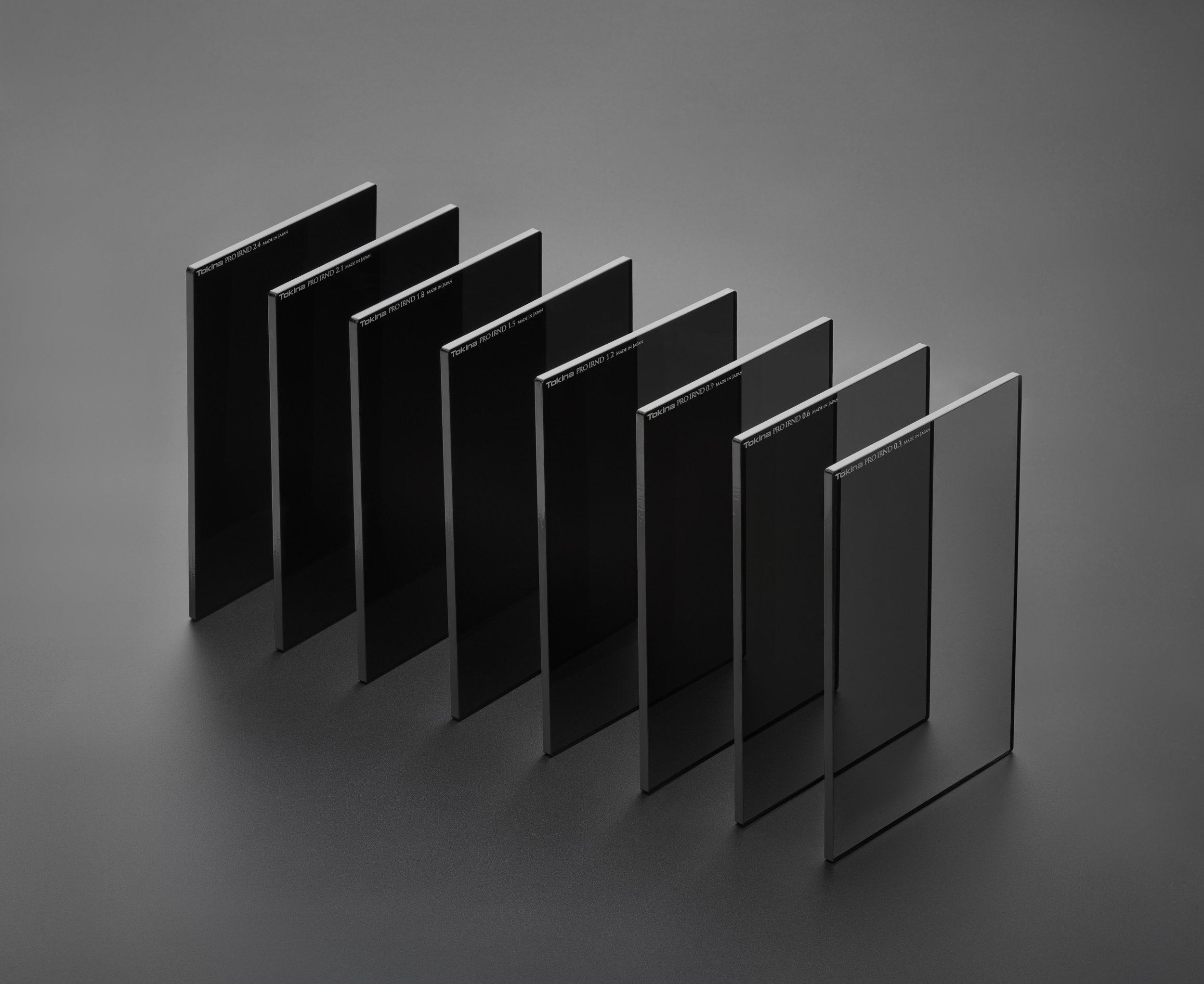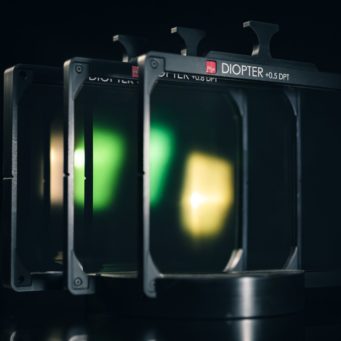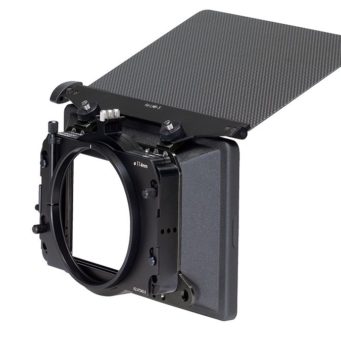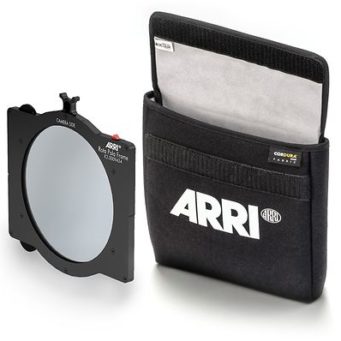ACCU-ND: Industry Leading Technology
Tokina Cinema uses the proprietary ACCU-ND world class electrolytic coating to deposit rare earth metals onto the glass surface to create hyper neutral density filters that have industry-leading virtually zero color shift and IR suppression. The deposit method holds neutrality that is free of color shift over time.
ACCU-ND technology has been used on major feature films, commercials, TV shows, and independent projects that demand the full color spectrum designed by the camera manufacturer without IR light contamination.
Control The Light, Not The Color
Modern digital cinema cameras create images with precision unlike any other tools in the history of cinematography. The manufacturers of digital cinema cameras build in very specific color science both physically at the sensor site and in the digital conversion process to delivery.
In the quest for accurate color rendition, various amounts of visible and infrared (IR) light near and past the visible spectrum are allowed to pass onto the sensor depending on the manufacturer specifications. This is achieved with an Optical Low Pass Filter (OLPF). Often IR light can be imaged in black level when density is added using filters because the OLPF is tuned only for light entering the lens unfiltered. IRND filters are needed that either cut or suppress the IR light before it hits the sensor to allow for only light in the visible spectrum to pass.
Suppress Infrared Light
IRND filters are needed that either cut or suppress the IR light before it hits the sensor to allow for only light in the visible spectrum to pass.
Square and Rectangular – Internal Coating
PRO IRND square and rectangular filters have the ACCU-ND coating precision bonded to the inside surfaces of the filter stack for maximum protection from scratches. PRO IRND filters can be polished after a scratch to return them to usability. The internal bonding is done specifically for 4×4, 4×5.65, and 6.6×6.6 sizes only due to the environmental factors of matte box use and filter changes.



